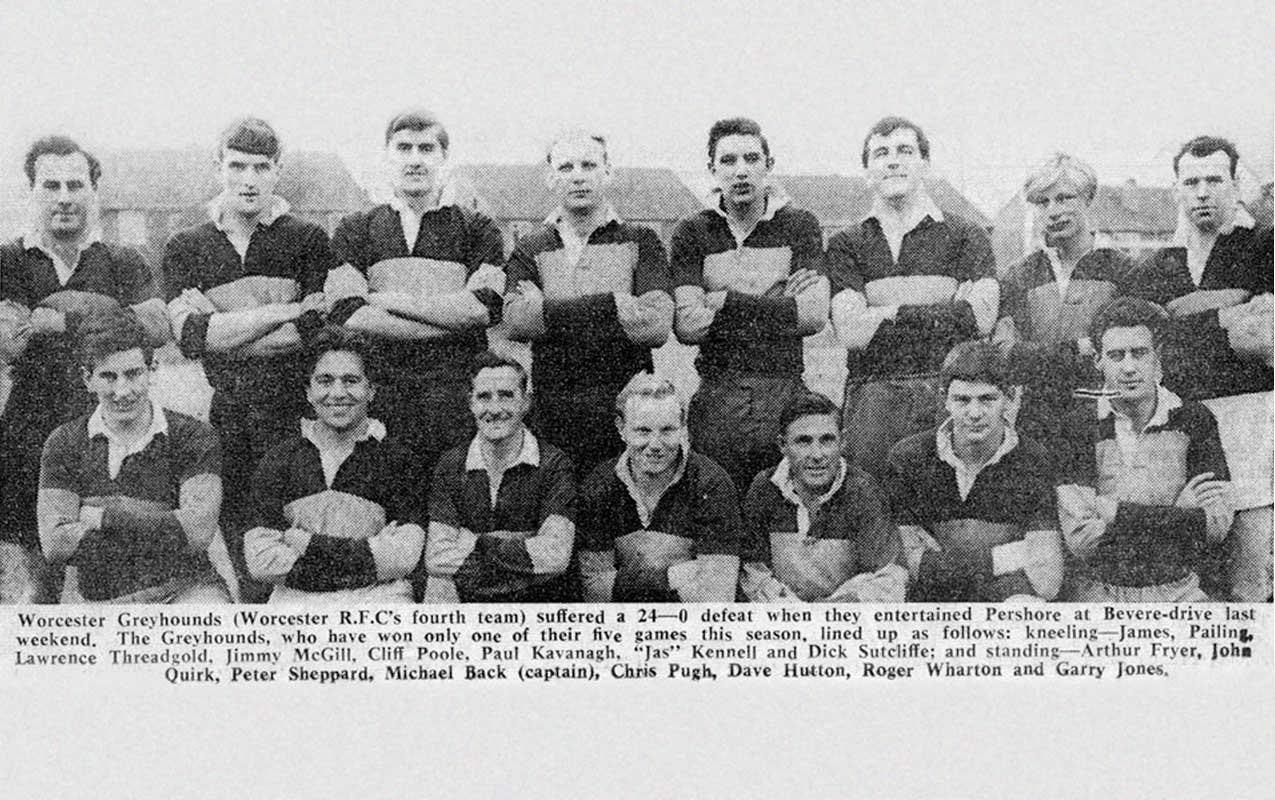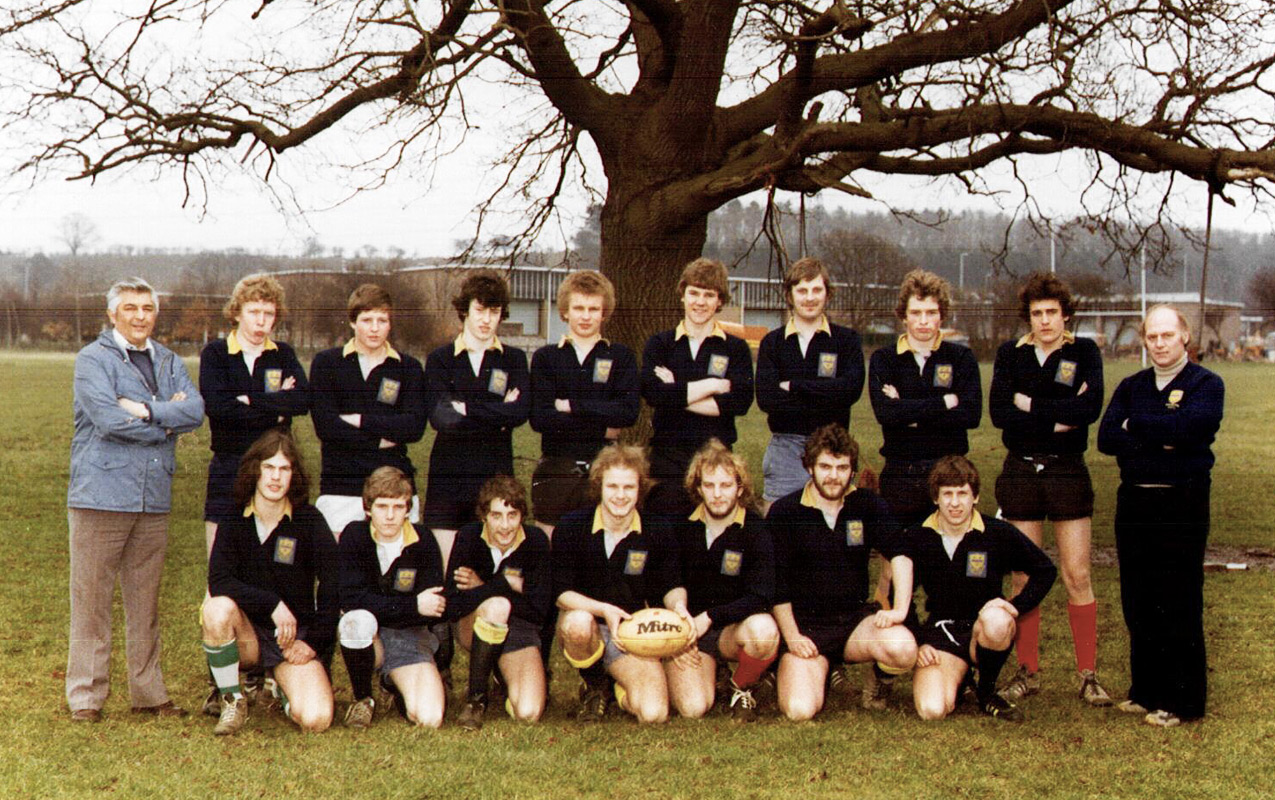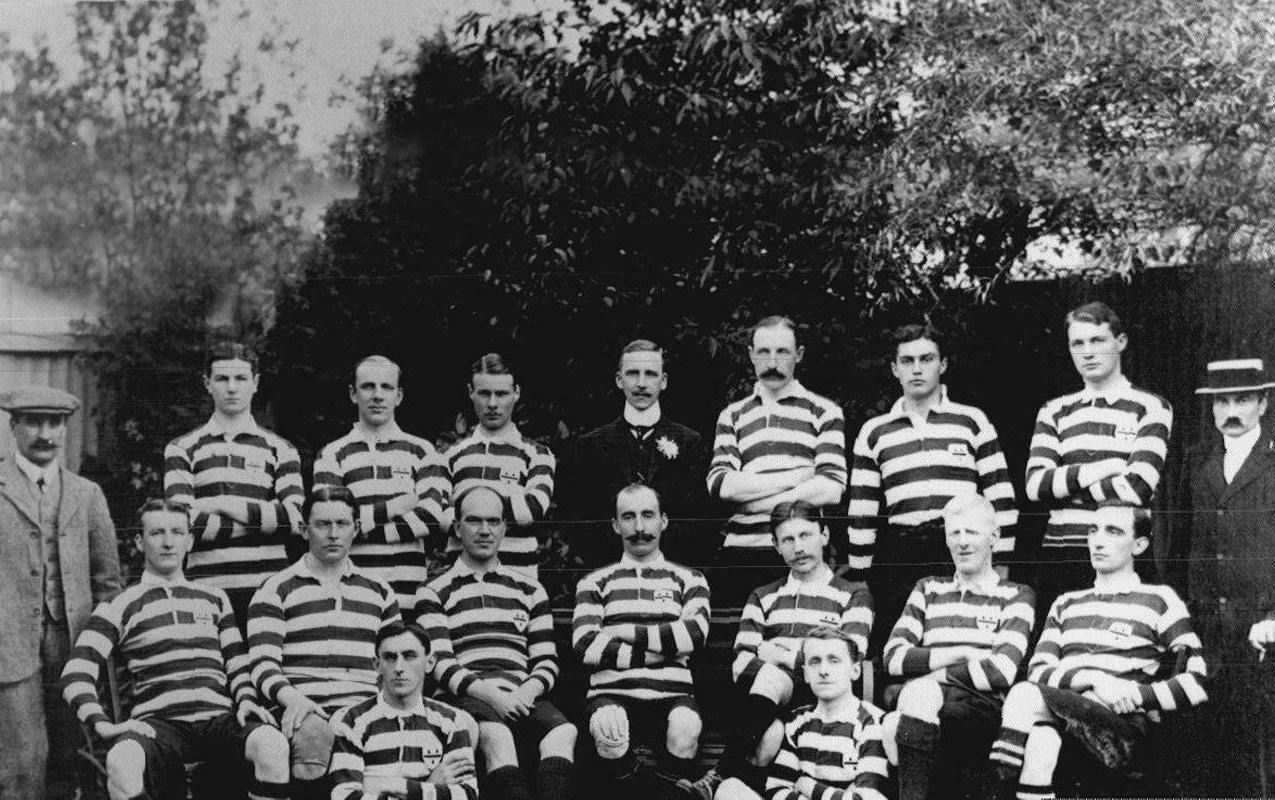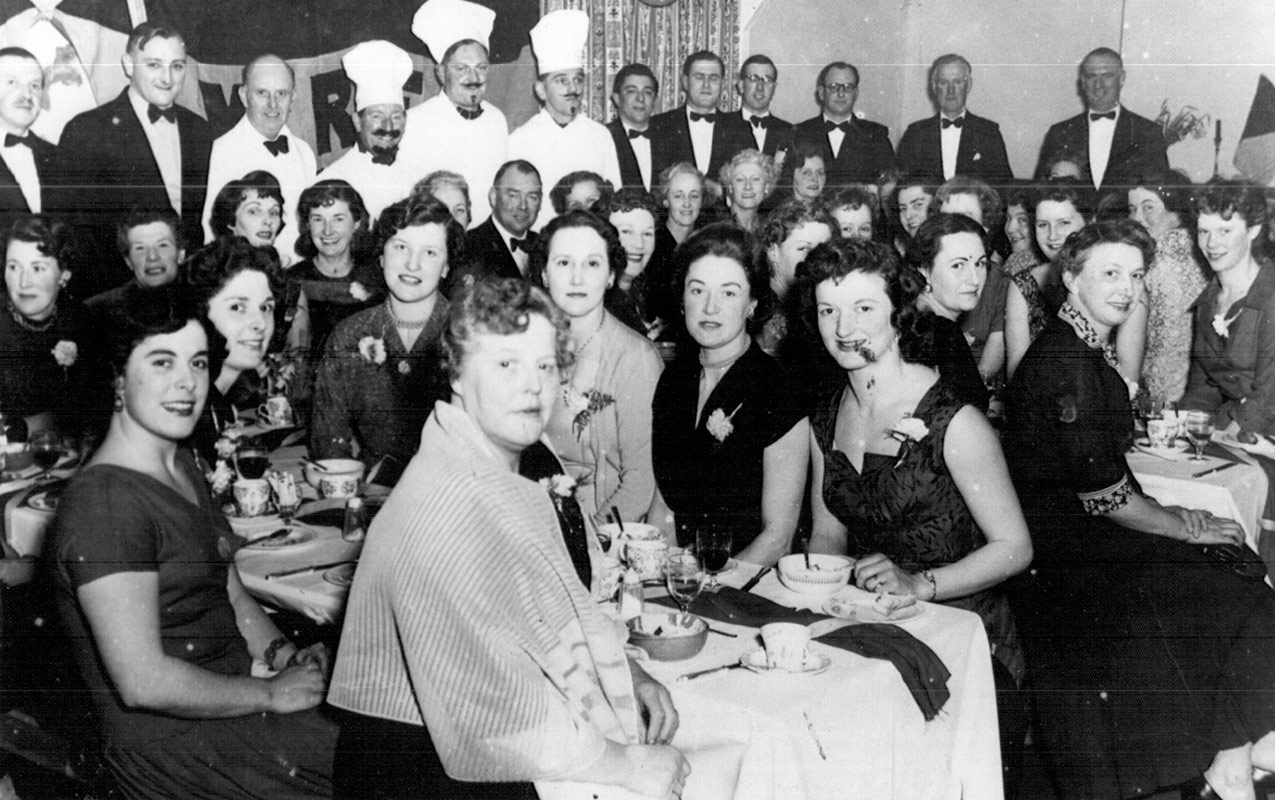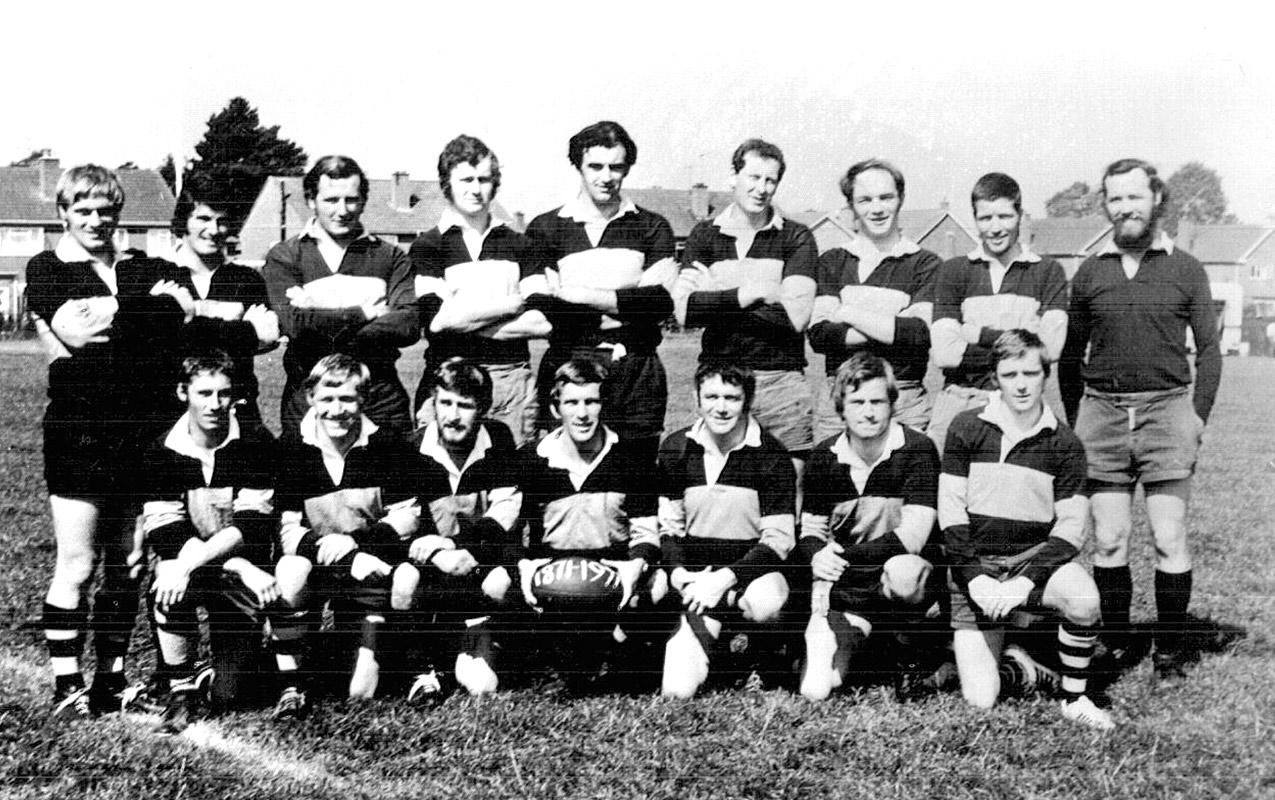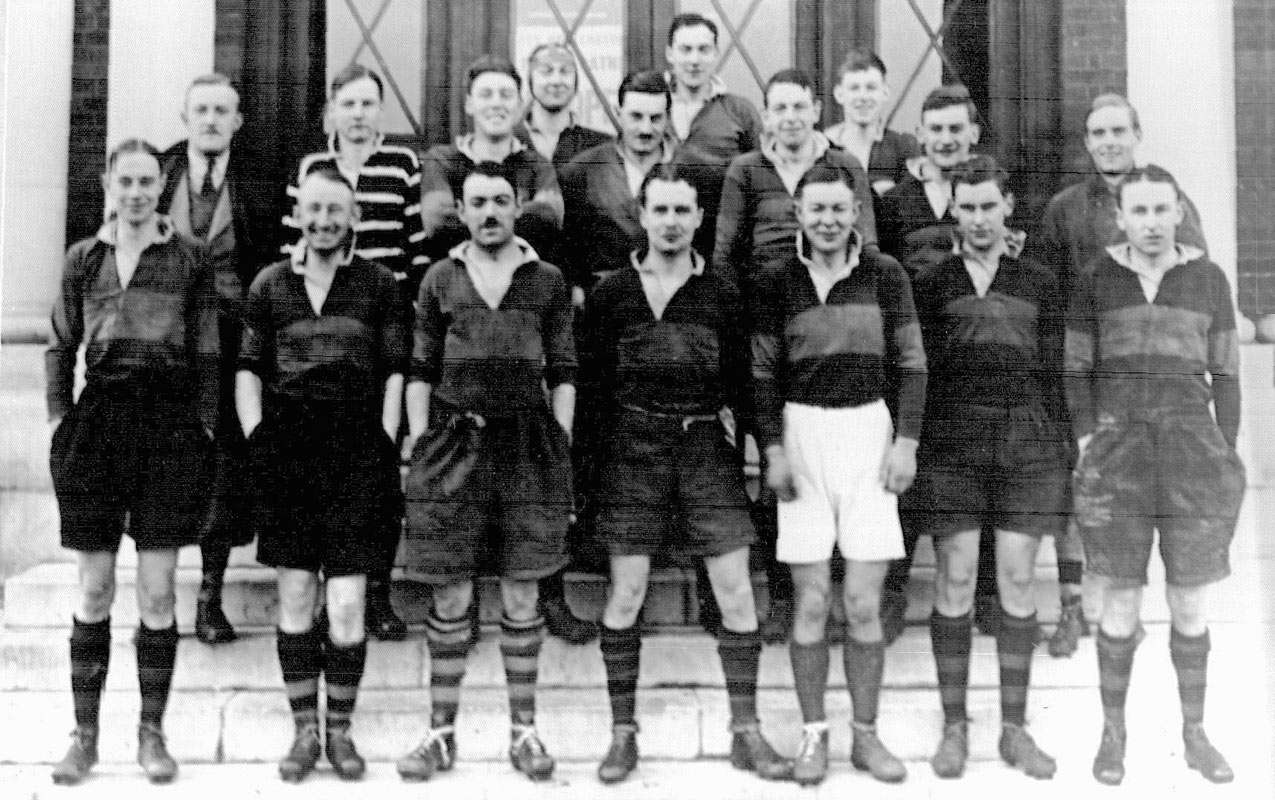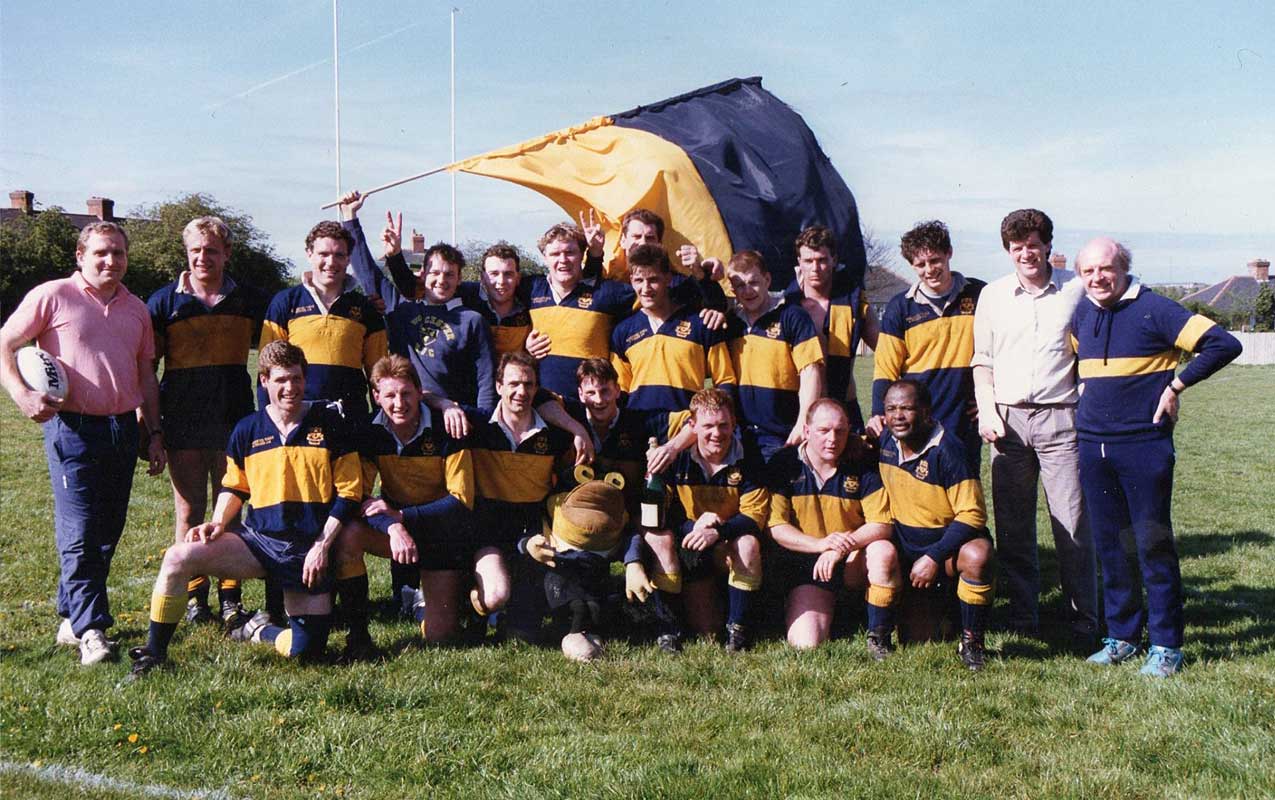Customer login
Not registered yet?
Register now! It is easy and done in 1 minute and gives you access to special discounts and much more!
Mike Pryce
THERE’s probably a common perception among fans that covering rugby matches for the media is a bit of a doddle. Maybe if the venue is Twickenham, the Millennium Stadium or the Stade de France that could be true. But at Worcester Rugby Football Club’s ground at Bevere in the 1960s it was certainly not.
Long before the modern technology of mobile phones and laptop computers, which can send a thousand words through space in a second, those were the days of the spoken word, when sports writers had to dictate their stories slowly down a telephone to copytakers, at whose shoulders stood sub editors itching to get the report ready for the Saturday evening sports final edition. In Worcester this was known as the Green ‘Un, on account of the colour of its pages.
Bizarre though it may seem today, back then not every sports ground had access to a public telephone and at some the nearest was in a red box, possibly half a mile away. This meant a swift car drive, only to find someone else in the kiosk who refused to shift, totally uninterested in newspaper deadlines.
At Bevere was there was a phone reporters could use. Unfortunately, it was in the corridor just outside the home dressing room. Now this was fine if Worcester had just stuck 40 points up Stourbridge, but if the home team had lost heavily to Lydney, it was a different story. Although on reflection not much.
Because if Worcester had won there was so much cheer and good humour at considerable decibels you couldn’t hear yourself speak, let alone make sense to (usually) a lady at the other end of the phone, who sometimes had difficulty understanding what hookers were doing at rugby matches.
On the other hand, if Worcester had lost, the last thing the players wanted to hear was some Herbert journalist dictating their misfortunes down the phone for everyone to read and the mood of the dressing room could be dark and not a little threatening.
I well remember reporting on one game in which Worcester had flattened the opposition, every training ground move of the Fancy Dan backs coming off beautifully, and writing that a bullocking, barging try by captain Jem Richardson was “positively agricultural” in comparison.
The next week Worcester lost and as I was dictating the bad news down the phone, the team came off the pitch and into the dressing room, passing behind me in a steamy hazy. Suddenly I felt a thunderous shoulder charge in the back, which sent me and the handset flying. Staggering to my feet, I could see the curmogenly figure of Mr Richardson making his way to his peg in the corner. “Sorry,” he said, turning round.. “That was for last week.” I bet it never happened to David Coleman.
For a good part of his time in the Worcester first team Jem formed a no nonsense front row with hooker Dave Robins and tighthead Bernie Blower.
The fixture list in those days included the usual old adversaries like Stourbridge, Lydney, Walsall and Wolverhampton, while one of the more unusual matches was against HMP Long Lartin, which, not surprisingly, only played home games. In one encounter with the inmates, Bernie received an accidental kick in the proverbials from his opposite number, for which the perpetrator immediately apologised and continued to do so at the post-match tea and sandwiches. Eventually Bernie responded: “Look mate, these things happen. I know you didn’t mean it.” ...to which the reply came: “Yeah, but I feel so bad, because you might need yours tonight and I won’t need mine.” Brotherly concern in the front row union.
For 45 years, Jem Richardson ran Dines Green Post Office on one of Worcester’s large housing estates, where even his rugby prowess obviously failed to percolate all corners. Certainly the spindly youth who attempted to rob him one day as he was sorting the morning papers was unaware of what he was taking on. Sneaking up behind Jem, he felled him with a wooden pole and repeatedly kicked him while he lay temporarily stunned. But far from giving up, Jem, who was by then 70, got off the floor and laid into his attacker, who fled. Years at the coal face of a rugby scrum meant a teenage hoodlum was no contest.
However, the enduring memory from my days covering WRFC matches does not, unfortunately, involve a Worcester player, but one of the opposition. On a dank and dismal December Saturday afternoon the visitors were Moseley, then one of the leading club teams of the amateur era, certainly in the Midlands.
As their team trotted on to the pitch, one individual in particular stood out. He was built like the proverbial brick privy and was listed in the programme as one of the Moseley props. But he certainly didn’t look like a prop. Not one that usually played at Bevere anyway. Rumour had it he was a policeman.
His thighs were like oak trees and the colour of burnished walnut at a time of year when most players were pale as bedsheets, while his head looked as if it could knock holes in doors. Yet he ran with an easy grace that belied his size.
His name was Mike Coulman and not only was he a policeman, but both the police heavyweight boxing champion and also a police 100 yard and 200 yard sprint champion. Today a coach would have him on the wing or as a crash centre.
A couple of years later he played at prop for England and was chosen for the 1968 British Lions tour to South Africa. He then switched to Rugby League for Salford and was selected for the Great Britain team in that code too. No wonder he caught the eye that wet Worcester afternoon and whenever he got the ball half the home team gathered to tackle him.
But I still wouldn’t have fancied his chances crossing the custodian of Dines Green Post Office.

